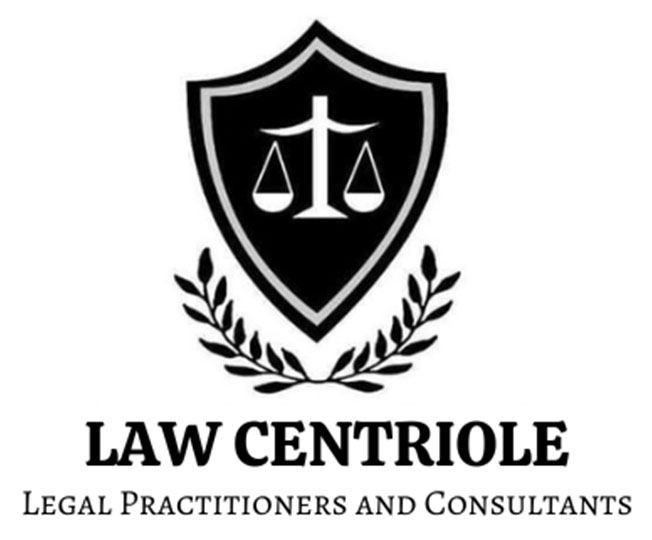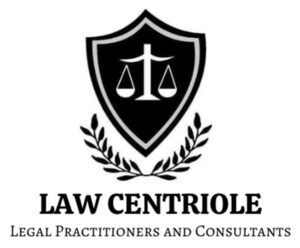
For the past few hours, the social media landscape has been buzzing with the news and aftermath of the marriage between celebrity Comedian Wofai Ewa and her partner, Taiwo Cole. Following the announcement of the union via social media, a certain Kunle Cole, allegedly representing the Cole family of Lagos Island, Lagos State, immediately released a disclaimer stating that the family did not approve of the marriage.
This article will explore this interesting incident viz a viz the two kinds of marriage recognized under Nigerian law. We will also attempt to examine the validity of the embattled union by applying the standards of both types of marriage recognized under Nigerian law.
Types of Marriage Under the Nigerian Legal System.
There are, principally, two types of marriage recognized in the laws of the Federal Republic of Nigeria:
- Marriage under the Act
- Customary Marriage
Marriage under the Act:
The Marriage Act Nigeria is a legal framework that governs the institution of marriage in Nigeria.
The Marriage Act, enacted in 1914, provides a comprehensive framework for marriage procedures and requirements in Nigeria. It covers essential aspects such as notice of marriage, consent, licensed places for marriage, and the validity of unions. Whether couples choose statutory or customary marriage, this act guides them through the process, ensuring legal compliance and protecting individual rights.
It is noteworthy that under this Act, adults above Twenty-One years who intend to marry do not require parental consent. Section 18 of the Act provides that:
If either party to an intended marriage, not being a widower or widow, is under twenty‐one years of age, the written consent of the father, or if he be dead or of unsound mind or absent from Nigeria, of the mother, or if both be dead or of unsound mind or absent from Nigeria, of the guardian of such party, must be produced annexed to such affidavit as aforesaid before a license can be granted or a certificate issued.
Application to the Cole Family Case:
Applied to the matter at hand, the key question is whether either party in the marriage under consideration is under twenty-one years old.
Reportedly, Taiwo Cole is thirty years old, while his spouse is said to be thirty-three. Since both are above the age that requires parental consent, it is clear that the consent requirement under the Marriage Act does not pertain to them, hence the notice issued by Kunle Cole on behalf of the Cole family is of no effect in law.
Notwithstanding the above, it is crucial to emphasize that the Marriage Act also mandates the parties to a union to obtain a certificate issued by the Marriage Registrar for the union to be valid under the law. This implies that before leaving the marriage venue for postnuptial celebrations, otherwise called ‘reception’ in Nigeria, the couple must sign and receive a copy of their marriage certificate, as commonly practiced in Nigerian marriage ceremonies. Failure to do so would render the marriage void.
Customary marriage:
In addition to the Marriage Act, couples can also legally marry if they meet the necessary requirements under their customs.
In the case of Agbeja v. Agbeja (1985) 3 NWLR (Pt. 11) 11, the court outlined the conditions for the validity of a customary marriage, which, essentially, are as follows:
- The giving of dowry
- The handing over of the bride
When consenting adults fulfill these two conditions, customary law considers the marriage valid.
Our legal team reached out to a prominent family in Ugep, Rivers state to clarify the requirements for marriage validity under their native laws. According to our source, the only requirement for a valid union under their native laws and custom is the consent of the bride’s family. The suitor must provide certain items to obtain this consent. When the suitor provides the prescribed items, the bride’s family will hand over the bride to him, as per their customs (this aligns with the provision of the law cited above).
The key issues to consider in this instance, thus, are: whether Taiwo Cole received and fulfilled a list of requirements from Wofai’s family, and whether Wofai Ewa was properly handed over to him after meeting these requirements. If both questions are answered affirmatively, the marriage is considered valid under native law and custom. A further implication here is that the Cole family cannot annul the marriage by a simple notice like the one issued.
The Cole Family might be committing an offence:
It is crucial here to cite the provision of Section 41 of the Marriage Act, which provides that:
Whoever endeavours to prevent a marriage by pretence that his consent thereto is required by law, or that any person whose consent is so required does not consent, or that there is any legal impediment to the performing of such marriage, shall, if he does so knowing that such pretence is false or without having reason to believe that it is true, be liable to imprisonment for two years.
From the foregoing, it is apparent that the consent supposedly required by the Cole family may not be necessary. If this is the case, the notice issued by the acclaimed patriarch, Kunle Cole, will not only be void but also constitute an offense under the Marriage Act.
Conclusion.
In concluding this, we wish to emphasize that laws, not assumptions, govern marriage—much like they do for various other human endeavors. Therefore, if any aspect is unclear to any party, it is crucial to seek legal advice before proceeding.
This you find this helpful? Do not forget to share, Follow our pages on Facebook and Instagram and also subscribe to our WhatsApp Channel.

